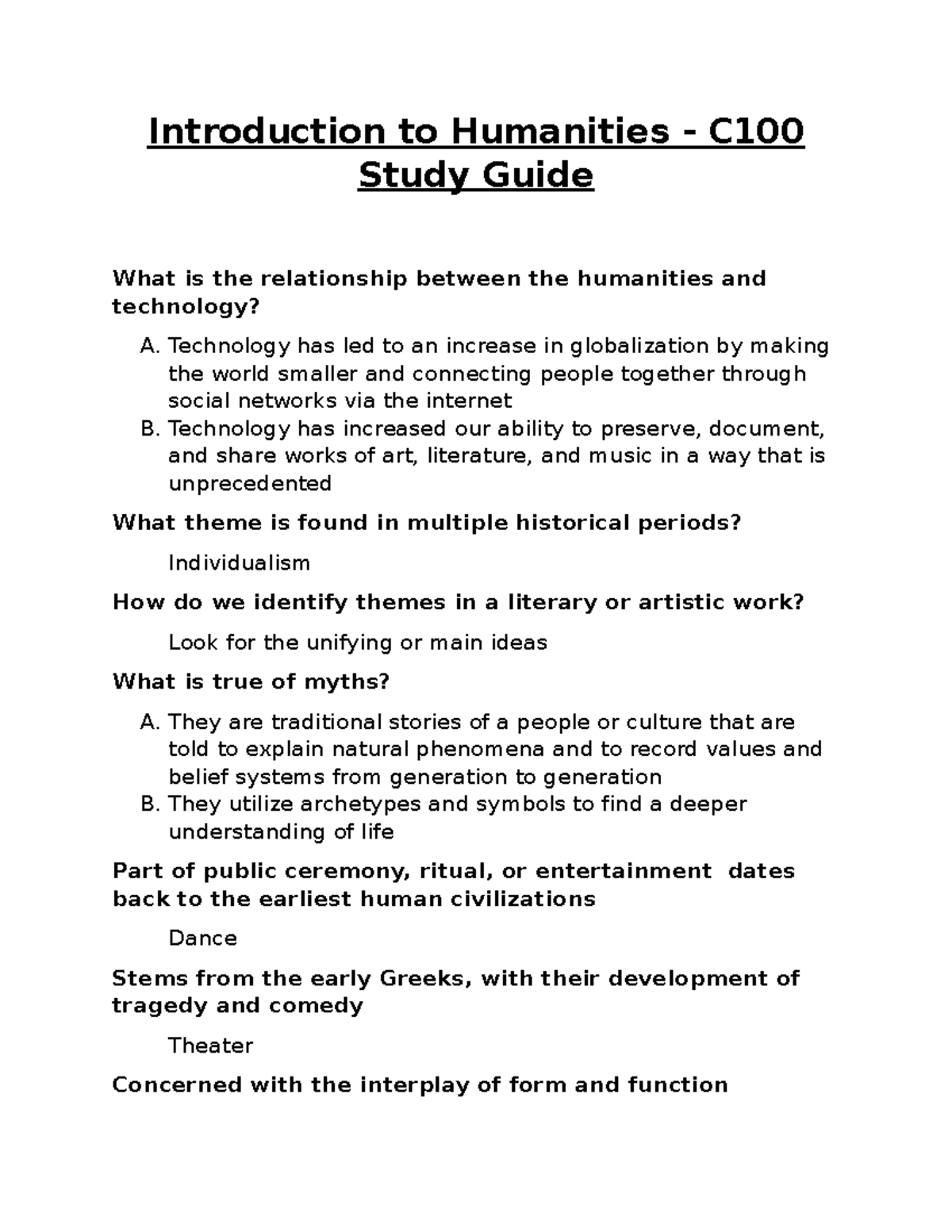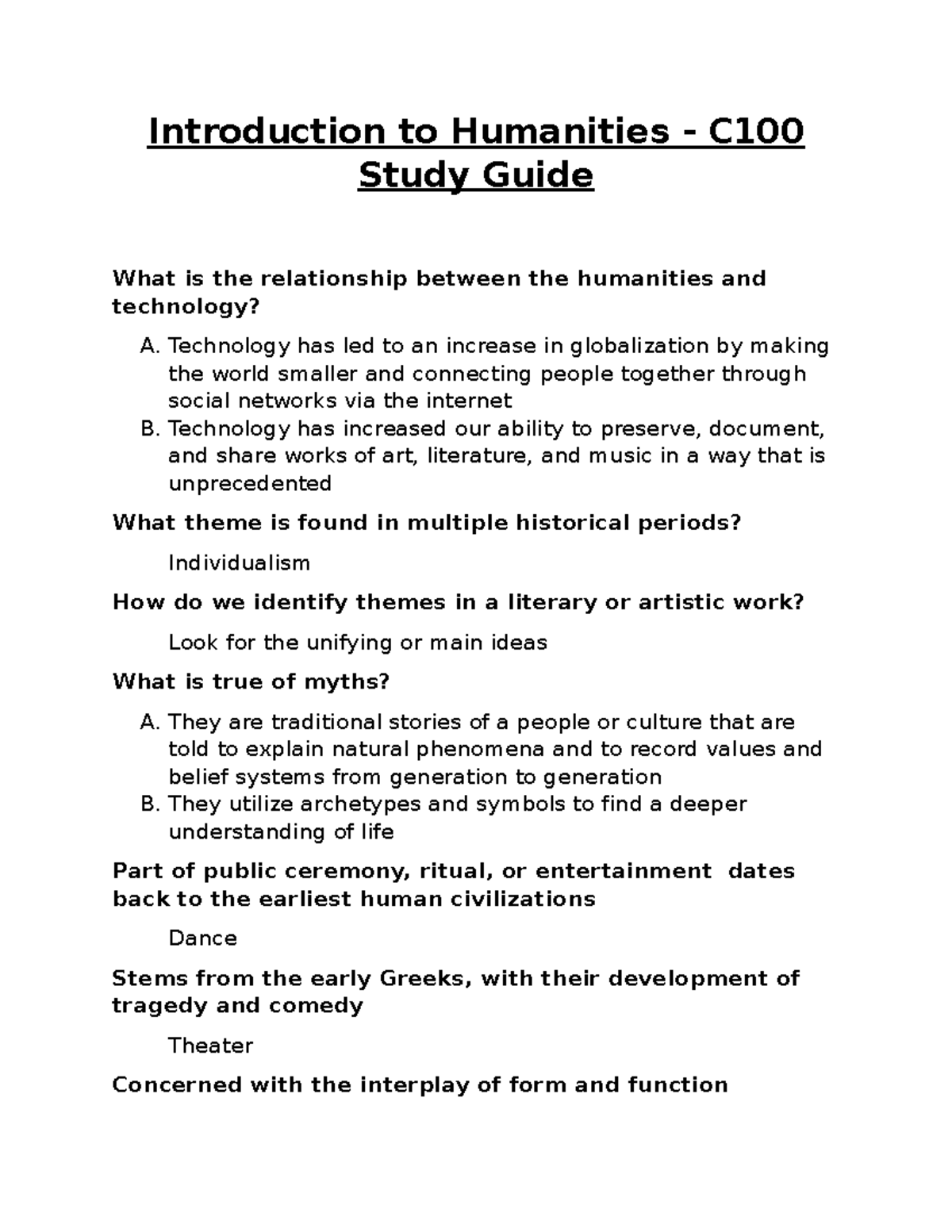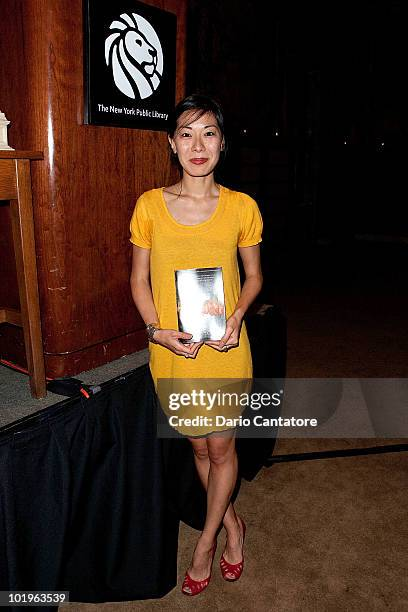Patricia Lockwood, the remarkable author known for her cultural critique, is unflinchingly challenging the perception of the internet as anything less than real life. With her novel “No One Is Talking About This,” Lockwood dives into the complexities of online existence, exploring how social media intertwines with personal crises. In a recent interview at Harvard, she discussed how her upbringing influenced her perspective on crafting characters, particularly in a world so dominated by virtual interactions. Lockwood’s sharp wit and keen observations of life reflect not only in her novels about the internet, but also in her engaging discussions on long-form writing. As she captures the nuances of dialogue and character, Lockwood invites readers to confront the authenticity of their digital selves and the narratives that shape them.
In her compelling works, Patricia Lockwood navigates the intricacies of modern life in the digital age, articulating a narrative that resonates deeply with contemporary readers. By addressing the intersection of social media and personal storytelling, Lockwood’s novels provide a platform for examining how online experiences shape our realities. During her engaging talk, she elaborated on the significance of character development in an era increasingly dominated by fleeting online interactions. Her reflections reveal a thoughtful critique of contemporary literature and the role of long-form narratives in a landscape challenged by micro-content consumption. Ultimately, Lockwood advocates for the enduring value of storytelling amidst the chaos of digital distractions.
The Internet as Real Life: Patricia Lockwood’s Perspective
Patricia Lockwood challenges the notion that the internet exists solely as a detached world, separate from our reality. In her discussions, she emphasizes that admitting the internet’s place in our lives echoes a broader cultural truth: our online personas are often our real selves. In her works, particularly ‘No One Is Talking About This’, Lockwood explores the intricate balance between our digital interactions and authentic experiences in the world. She highlights how these novels about the internet are often unfairly perceived as trivial, provoking discomfort among those who wish to compartmentalize online existence as something less significant than real life.
Lockwood’s insights suggest that embracing the internet as an impactful part of our lives can lead to richer narratives in literature. She believes that acknowledging the influence of social media and online culture not only enhances character development but also allows for a fresh lens through which to examine societal trends. This cultural critique resonates deeply in today’s increasingly interconnected society, prompting readers to reflect on how their online experiences shape their identities and interactions offline.
Crafting Characters Through Dialogue
A cornerstone of Lockwood’s writing process revolves around the art of dialogue. She believes that capturing authentic speech patterns and idiosyncrasies is vital for bringing characters to life. In her interviews, Lockwood often shares her fascination with how the specific ways people express themselves can reveal fundamental truths about their relationships and their inner lives. For her, writing dialogue is less about revealing thoughts and more about the dynamics of interactions, which she masterfully translates into vibrant characters that resonate with readers.
Lockwood’s upbringing in a secluded environment contributed significantly to her observing skills, which she channels into her writing. Being raised in a rectory offered her a unique perspective on family dynamics and human behavior, and this atmospheric upbringing helped her develop a distinct voice that emanates authenticity. As she adeptly captures the subtleties of conversation, readers are drawn into the intricacies of her characters, feeling as though they are genuinely engaged in their lives. Ultimately, Lockwood’s focus on dialogue enriches her narratives, allowing readers to experience the depth and complexity that comes from nuanced human exchanges.
Long-Form Writing in the Age of Micro-Content
As the dominance of micro-content continues to rise, Patricia Lockwood stands as a champion for long-form writing. In her intriguing talks, she poses critical questions about the sustainability of traditional novel forms against the backdrop of shrinking attention spans. Lockwood argues that while the internet has popularized shorter, more digestible content, the appetite for immersive storytelling remains steadfast among many readers. In her view, the novel offers a refuge from the fragmented nature of contemporary life, a place where complex thoughts and emotions can unfold over extended narratives.
Lockwood’s belief that long-form writing cultivates deeper reflections highlights the importance of maintaining this literary tradition. For her, novels are instrumental in nourishing the mind and heart, allowing individuals to explore rich narratives that allow for both solace and escape. In an age where distractions abound, Lockwood reminds us that literature can not only survive but thrive, offering readers something substantial amidst the transient noise of online life.
Patricia Lockwood’s Journey to Critical Acclaim
Before gaining recognition as a novelist, Patricia Lockwood carved a niche for herself in literary criticism. Her candid reviews, including a notable critique of John Updike, showcase her unique ability to balance emotional honesty with sharp analysis. Lockwood appreciates the exploration of another author’s mind as a form of celestial homework, enriching her own understanding of literature. Critics admire her brazen approach — unafraid to express both admiration and criticism in equal measure, allowing her reviews to resonate with authenticity.
Lockwood’s passion for literary critique intersects seamlessly with her writing process, as each deep dive into another author’s work informs her own narrative style. This duality influences her character development and the thematic depth of her novels. By engaging fiercely with the texts she reviews, Lockwood exemplifies how the act of criticism can enhance a writer’s craft, fostering a deeper connection to both literature and life.
The Impact of a Cloistered Upbringing on Writing
Lockwood’s self-described ‘cloistered’ upbringing has heavily influenced her writing style and the themes she explores. Living in a rectory provided her with a unique lens through which to observe the world; her encounters felt exceptional, infusing her narrative voice with a sense of wonder and keen observation. Lockwood articulates that this seclusion allowed her to internalize experiences and details that are often overlooked, shaping the vividness of her characters and their interactions.
This background not only informs her understanding of familial relationships but also her articulation of complex emotions that often resonate with readers. The translation of her keen observations into relatable character dialogue creates a bridge between her unique experiences and the broader human condition. Lockwood’s childhood has arguably equipped her to transform isolation into insight, allowing her to craft narratives that captivate and engage her audience on multiple levels.
Balancing Comfort and Ergonomics in Writing
Lockwood’s writing rituals strike a balance between comfort and practicality. Despite the allure of cozy setups like writing in bed, she has adapted her environment to accommodate chronic migraines, finding new ways to stay productive. She humorously portrays her need for ergonomic adjustments, a relatable struggle for many writers who navigate the intricacies of creativity with physical limitations. This ability to adapt reflects the resilience that Lockwood brings into her writing process, offering insights into the often unglamorous realities of being a novelist.
By demonstrating how spaces can be creatively adapted, Lockwood reveals that a writer’s environment plays a critical role in their productivity and inspiration. Her candid discussions about physical comfort serve as a reminder that creative output often requires navigating practical challenges. As she shares her experiences, aspiring writers can glean valuable lessons on prioritizing health and comfort while maintaining their creative flow.
Exploring Literature Independently and Its Benefits
Lockwood’s journey as a self-taught writer highlights the profound benefits of exploring literature independently. By choosing her own readings without the constraints of formal education, she cultivated a passionate affair with texts, allowing her to engage with literature more freely. This autonomy fostered her creativity, enabling her to develop a distinct voice that resonates deeply with readers. Lockwood’s adventurous approach to literature empowers aspiring writers to embrace their paths outside traditional frameworks.
Through her exploration, Lockwood emphasizes the importance of personal engagement with literature. By regularly approaching texts with curiosity and a willingness to interpret them on her terms, she demonstrates how self-guided exploration can enrich one’s writing. This perspective liberates writers from anxiety over interpretation, encouraging them to find their narratives and styles in the process, much like Lockwood has done throughout her career.
Cultural Critique through the Lens of Literature
Lockwood’s literary endeavors often intersect with cultural critique, allowing her to delve into contemporary issues through her writing. In her discussions, she illustrates how seemingly personal narratives can embody broader societal reflections, tackling themes such as identity, technology, and human connection. By weaving cultural critique into her novels, Lockwood invites readers to confront uncomfortable truths about modern life, enriching the dialogue around literature and its relevance.
Through her unique voice, Lockwood’s works resonate deeply in a world where the internet shapes societal norms and personal identity. This cultural awareness not only enhances the authenticity of her characters but also positions her novels as pivotal commentaries on our current cultural landscape. By thoughtfully engaging with these issues, Lockwood solidifies her role as a relevant literary figure, challenging her audience to reflect on the complexities of their lives in an interconnected society.
Future of Novels: Sustaining the Art of Storytelling
The future of novels in an increasingly digital world poses intriguing challenges and opportunities. Lockwood advocates for the power of traditional storytelling, asserting that the novel’s inherent ability to convey complex human experiences remains irreplaceable, even in a landscape dominated by short-form content. As she asserts, novels cultivate appetites for deep narratives that micro-content may fail to satisfy. Lockwood’s insistence on this perspective underscores her commitment to preserving the art of long-form writing.
As writers and readers navigate a world filled with distractions, Lockwood’s work reiterates the importance of holding space for nuanced storytelling. By embracing the long-form format, authors can engage audiences seeking deeper connections. Lockwood’s belief in the enduring relevance of novels invites the literary community to foster environments where extended narratives can flourish amidst the evolving landscape of digital media.
Frequently Asked Questions
What are Patricia Lockwood’s views on the representation of the internet in contemporary novels?
Patricia Lockwood believes that many people are uncomfortable with the idea that the internet is real life, which leads to novels about the internet, like her own ‘No One Is Talking About This,’ being dismissed as frivolous. She argues that recognizing the internet as part of our authentic selves can challenge people’s perceptions.
How does Patricia Lockwood’s upbringing influence her writing style?
Lockwood’s ‘cloistered’ upbringing in a rectory provided her with a unique perspective. This isolation allowed her to keenly observe and appreciate the nuances of dialogue and character interaction, which she translates into her writing, highlighting the importance of capturing speech patterns over interiority.
What does Patricia Lockwood say about the future of long-form writing in the age of micro-content?
Lockwood asserts that despite the prevalence of micro-content, there remains a strong audience for long-form writing. She emphasizes that novels have the power to create their own appetites and that readers seeking solace can still find value in extensive narratives.
What themes does Patricia Lockwood explore in her novel ‘No One Is Talking About This’?
In ‘No One Is Talking About This,’ Lockwood examines the complexities of life as a social media star and how a sudden family crisis can disrupt one’s online persona. The novel reflects her cultural critique of our digital experiences and the real-life implications of internet interactions.
How does Patricia Lockwood approach literary criticism in her work?
Lockwood views literary criticism as ‘celestial homework,’ allowing her to enter the minds of other writers and appreciate their talents. She approaches criticism with honesty, unafraid to express whether she found a work successful or not, which is a quality she believes is becoming rarer in contemporary discussions.
What writing practices does Patricia Lockwood adhere to for her long-form writing?
Lockwood prefers writing in a comfortable setting, often propped up in bed or on a couch with a notebook. She adapts her setup as needed due to chronic migraines, which influences her writing posture but does not compromise her creative process.
What insights did Patricia Lockwood share during her recent interview with Tara K. Menon?
During her interview, Lockwood discussed her perspective on character development through dialogue, the interplay of online and real-life experiences, and the importance of literary exploration for aspiring writers, emphasizing the value of self-directed reading.
How does Patricia Lockwood’s social media presence influence her literary work?
Lockwood’s sharp and irreverent social media presence informs her writing style and subjects, as she incorporates the realities of online interactions into her narratives and critiques, thereby enhancing her connection with contemporary readers.
| Key Points |
|---|
| Patricia Lockwood believes that admitting the internet is part of real life is uncomfortable for many people. |
| Her 2021 novel, ‘No One Is Talking About This’, explores the chaos of a social media star’s life disrupted by a personal crisis. |
| Lockwood emphasizes that capturing dialogue in her characters is more important than detailing their inner thoughts. |
| She feels her cloistered upbringing has given her a unique perspective on observing the world. |
| Lockwood prefers to write in bed but has adapted her writing space due to chronic migraines. |
| She believes that long-form fiction can still thrive despite the prevalence of microcontent. |
Summary
Patricia Lockwood’s discussions illuminate her compelling belief that the internet’s integration into real life is often underappreciated. Her works, especially ‘No One Is Talking About This’, challenge traditional perceptions of literature by engaging with the modern digital landscape. Through her unique upbringing and writing style, Lockwood makes a powerful case for the continued relevance of long-form narratives in a world increasingly dominated by fleeting content. As she elegantly articulates, there is still a profound need for depth and solace in storytelling, and it is through writers like Patricia Lockwood that we can find that connection.










